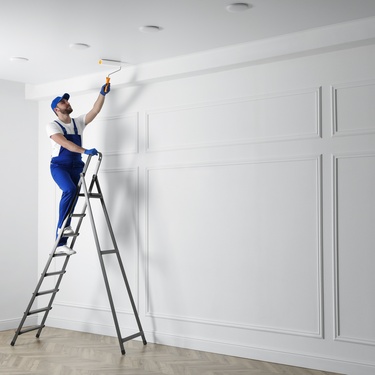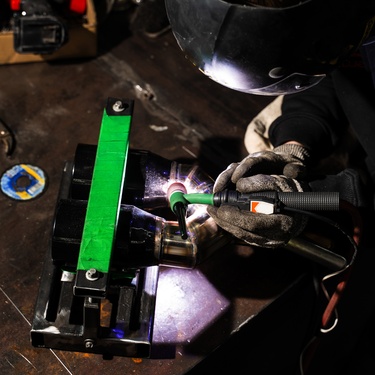Live
France24 English News Live StreamGlobal News
Global News Video PlaylistPBS
PBS News Video PlaylistNewsroom Features
MWC Barcelona 2026: Inside “The IQ Era” of Connected Intelligence

See Special Report: MWC Barcelona 2026: Inside “The IQ Era” of Connected Intelligence
Published Saturday February 28, 2026
President Trump’s 2026 State of the Union: Key Moments, Party Reactions, and What It Means for the Midterms

See Special Report: President Trump’s 2026 State of the Union: Key Moments, Party Reactions, and What It Means for the Midterms
Published Wednesday February 25, 2026
2026 Winter Games & Paralympics: Global Triumphs, Breakthrough Moments and The Road to the French Alps 2030

See Special Report: 2026 Winter Games & Paralympics: Global Triumphs, Breakthrough Moments and The Road to the French Alps 2030
Published Tuesday February 24, 2026
The Fat Tuesday-Ash Wednesday Connection: From Feast to Reflection

See Special Report: The Fat Tuesday-Ash Wednesday Connection: From Feast to Reflection
Published Friday February 20, 2026
Ramadan 2026: A Month of Fasting, Faith, and Global Community

See Special Report: Ramadan 2026: A Month of Fasting, Faith, and Global Community
Published Wednesday February 18, 2026
Marketing Ideas for Your Painting Company

See Contributor Story: Marketing Ideas for Your Painting Company
Published Wednesday February 25, 2026
4 Upgrades That Make Your Home Stand Out

See Contributor Story: 4 Upgrades That Make Your Home Stand Out
Published Tuesday February 24, 2026
Tips for Making Your Home Entryway More Attractive

See Contributor Story: Tips for Making Your Home Entryway More Attractive
Published Monday February 23, 2026
How Early Design Choices Affect Fluid Systems

See Contributor Story: How Early Design Choices Affect Fluid Systems
Published Sunday February 22, 2026
Do Modifications Hurt or Help Classic Corvette Value?

See Contributor Story: Do Modifications Hurt or Help Classic Corvette Value?
Published Saturday February 21, 2026
















